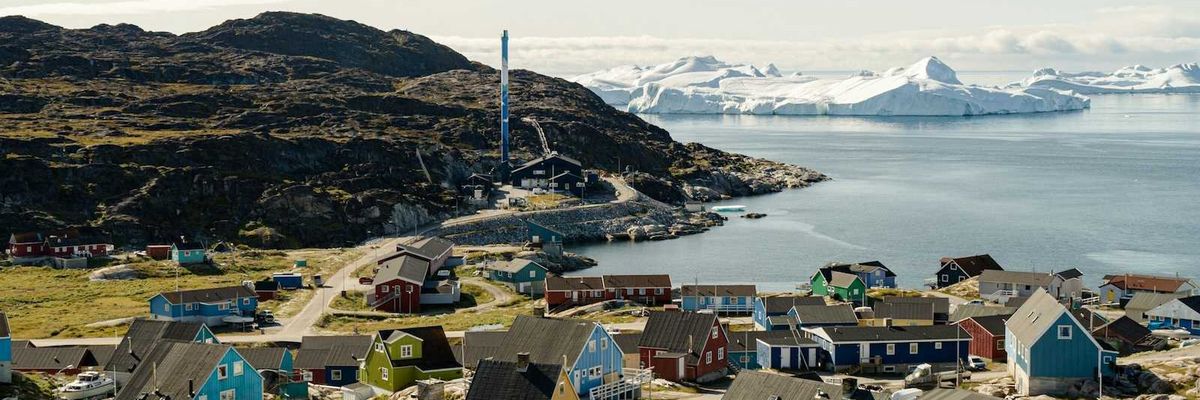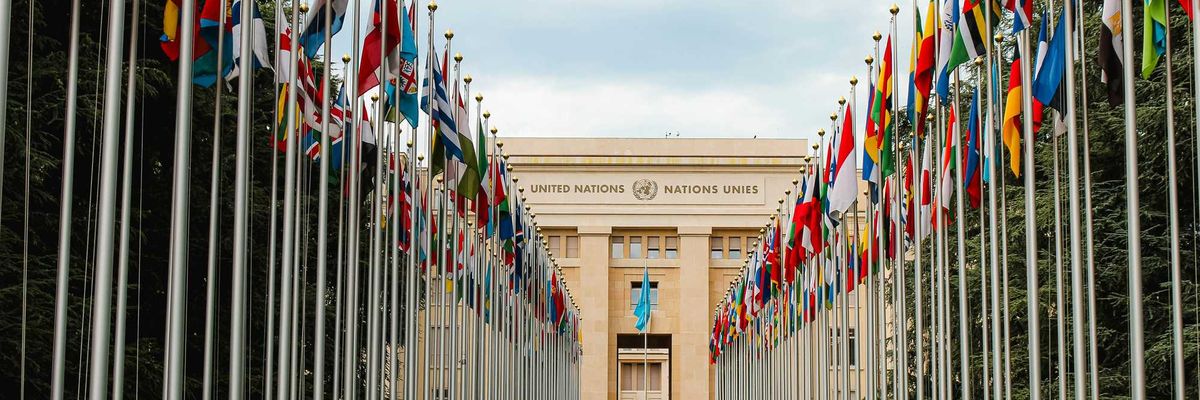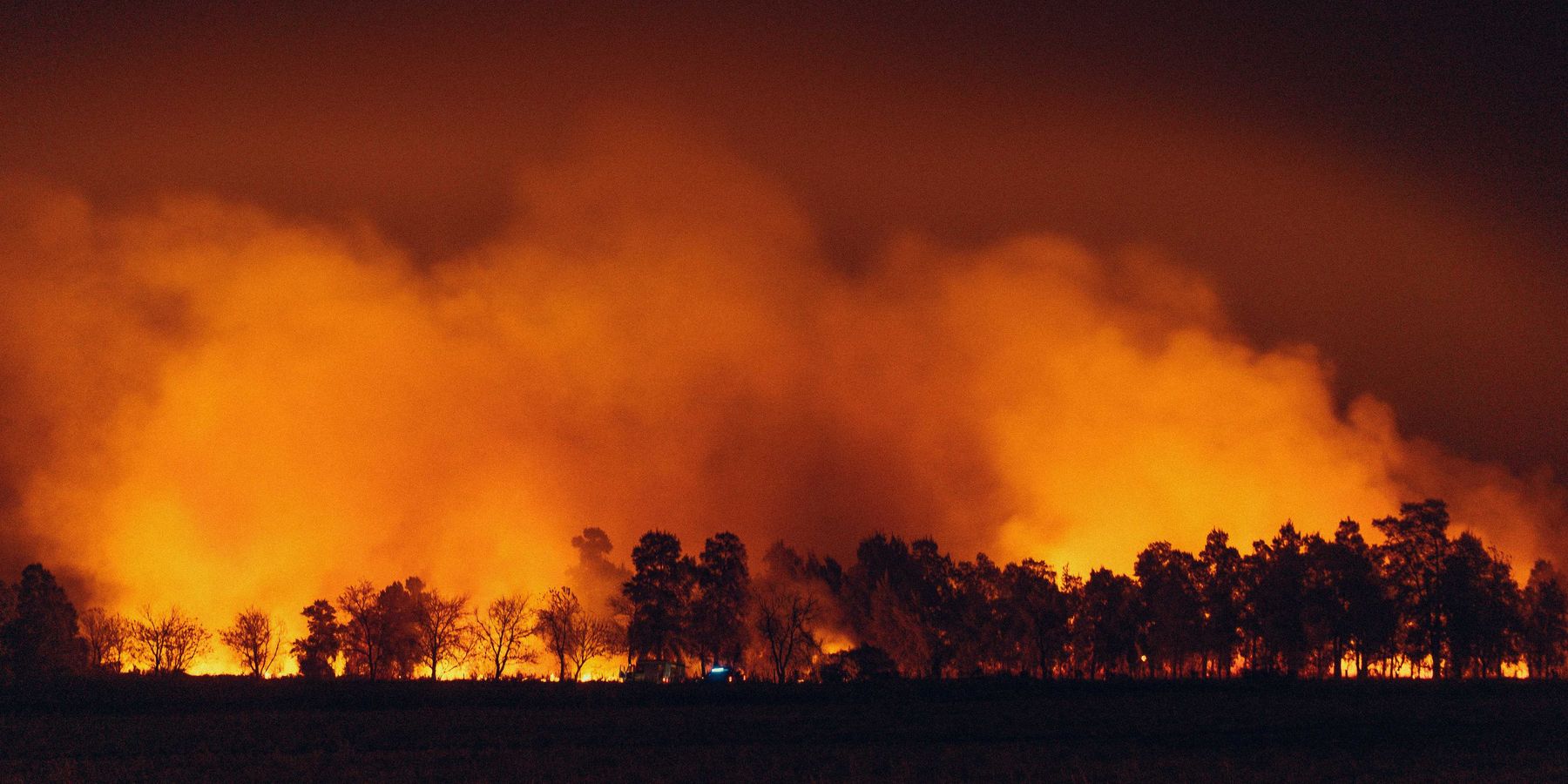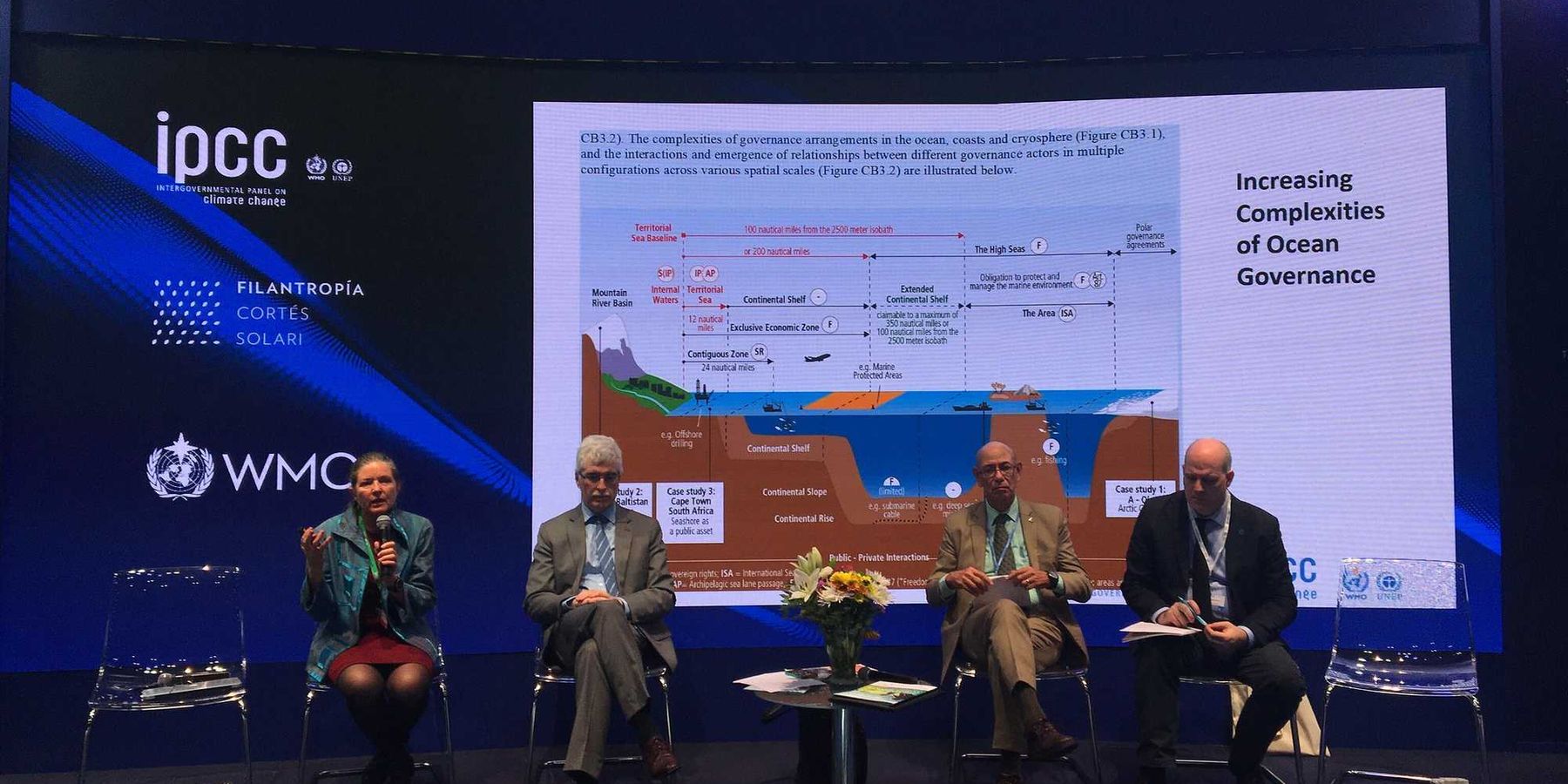zambia
Severe drought in Zambia risks widespread hunger and economic collapse
Zambia's environment minister has warned that a severe drought is causing widespread hunger, prolonged power outages, and economic disruption, highlighting the broader regional impacts of climate change.
In short:
- Zambia faces severe drought leading to major crop failures, particularly in maize, resulting in imminent food shortages.
- The country’s hydroelectric power capacity is halved, causing frequent and extended power cuts.
- Zambia is diversifying crops and seeking international financial aid to mitigate the impacts of the climate crisis.
Key quote:
"What has happened this year is that we received well below the normal rainfall. This has been a crippling drought."
— Collins Nzovu, Zambia's environment minister
Why this matters:
The drought in Zambia serves as a stark warning of the escalating impacts of climate change on vulnerable regions. The drought has decimated crops, leaving many families struggling to find enough to eat. With less water flowing into hydroelectric dams, the country is also facing persistent power cuts, which are disrupting daily life and crippling industries. The economic fallout is profound, affecting everything from agriculture to manufacturing and services.
Extreme weather is worsening Africa's cholera crisis
Relentless extreme weather in Africa has led to severe cholera outbreaks, killing thousands and affecting hundreds of thousands more.
Sebabatso Mosamo, Farai Mutsaka, and Gerald Imray report for The Associated Press.
In short:
- Since late 2021, more than 6,000 people have died and nearly 350,000 have been infected with cholera in southern and East Africa.
- Extreme weather, including cyclones, floods, and droughts, has increased the incidence of cholera by contaminating water sources.
- A global shortage of cholera vaccines has exacerbated the crisis, particularly in poorer countries that are most affected.
Key quote:
"The outbreaks are getting much larger because the extreme climate events are getting much more common."
— Tulio de Oliveira, South Africa-based disease scientist
Why this matters:
Floods not only spread cholera but also destroy crops, leading to food insecurity and malnutrition, which weakens immune systems and makes populations more vulnerable to diseases. Conversely, droughts deplete water sources, pushing people to use contaminated water for drinking and cooking.
Zambia grapples with the fallout of climate change
In Zambia, a country heavily reliant on rainfall, the ongoing climate crisis starkly highlights the urgent need for sustainable solutions and international support.
In short:
- Zambia faces a dire food security crisis, with significant crop failures due to insufficient rainfall and extreme heat.
- The nation's energy supply is also threatened, leading to enforced power outages, further straining its economy and development progress.
- Efforts to adapt to these challenges include adopting climate-smart agriculture and seeking international assistance for loss and damage due to climate change.
Key quote:
"We are suffering because the climate has changed. We have never suffered a drought like this."
— Collins Nzovu, head of Zambia's Ministry for Green Economy and Environment
Why this matters:
Zambia faces a series of climate-related challenges, including extreme weather events, erratic rainfall patterns leading to both drought and flooding, and significant impacts on agriculture, which is the backbone of its economy and the livelihood of many of its citizens.
Every day that goes by in which wealthy nations fail to hold themselves accountable for achieving net zero reductions is a declaration that they don’t care if developing nations drown or dry up.
Britain scales back foreign aid, threatening progress in global health
Electric cars are powered by rare metals. Can AI help find them?
Electrifying global vehicle fleets will require vast new troves of metals like cobalt and copper that may be tough to find without help from big data.









